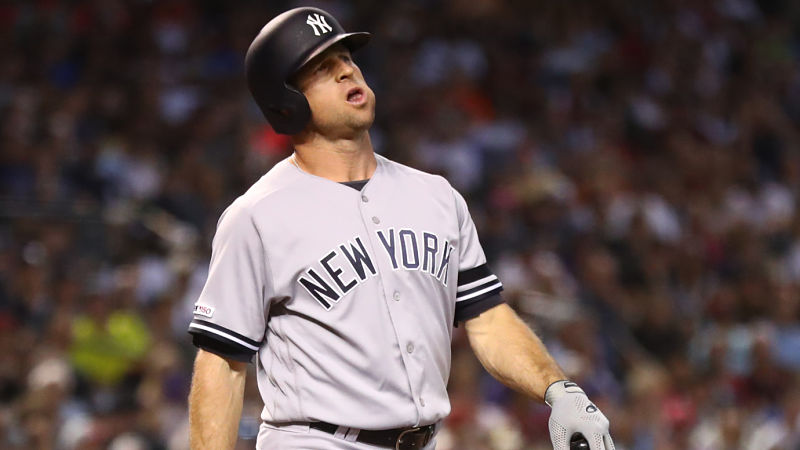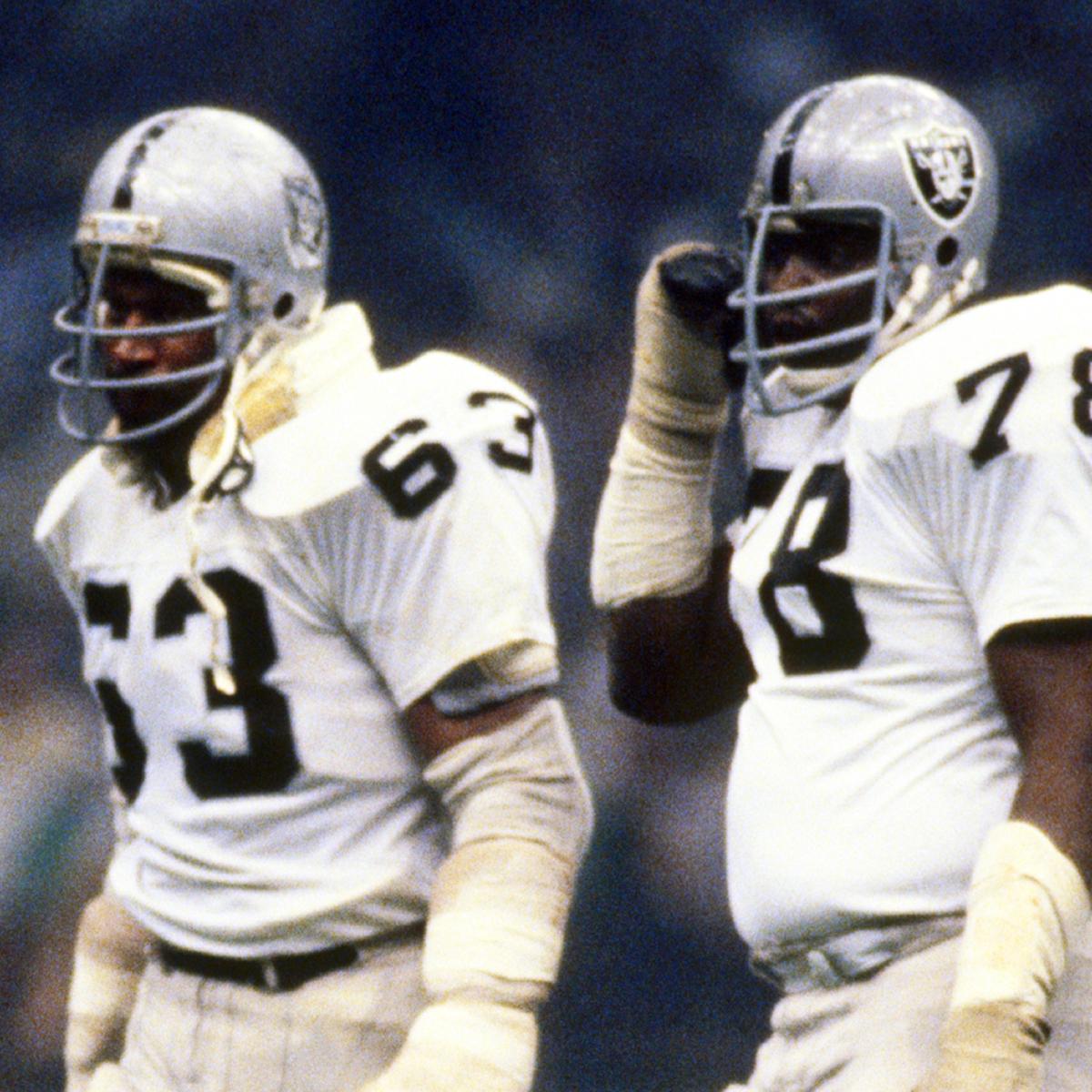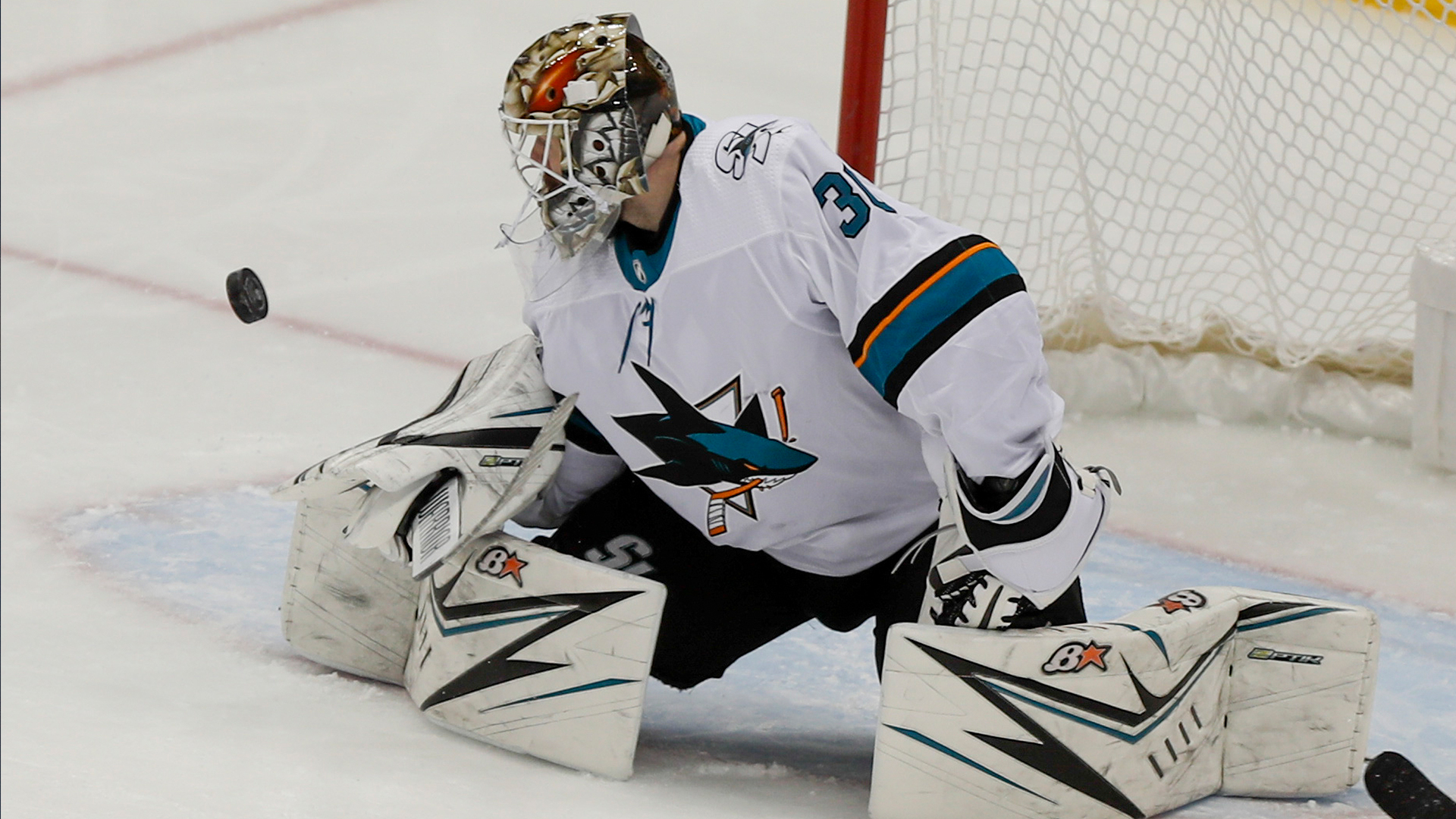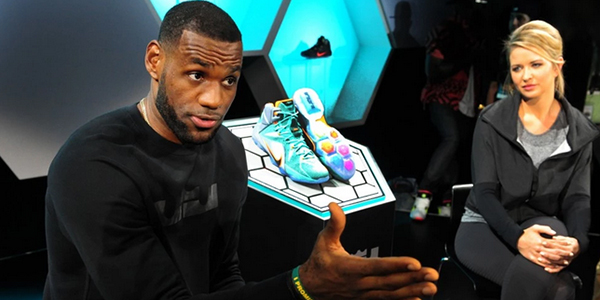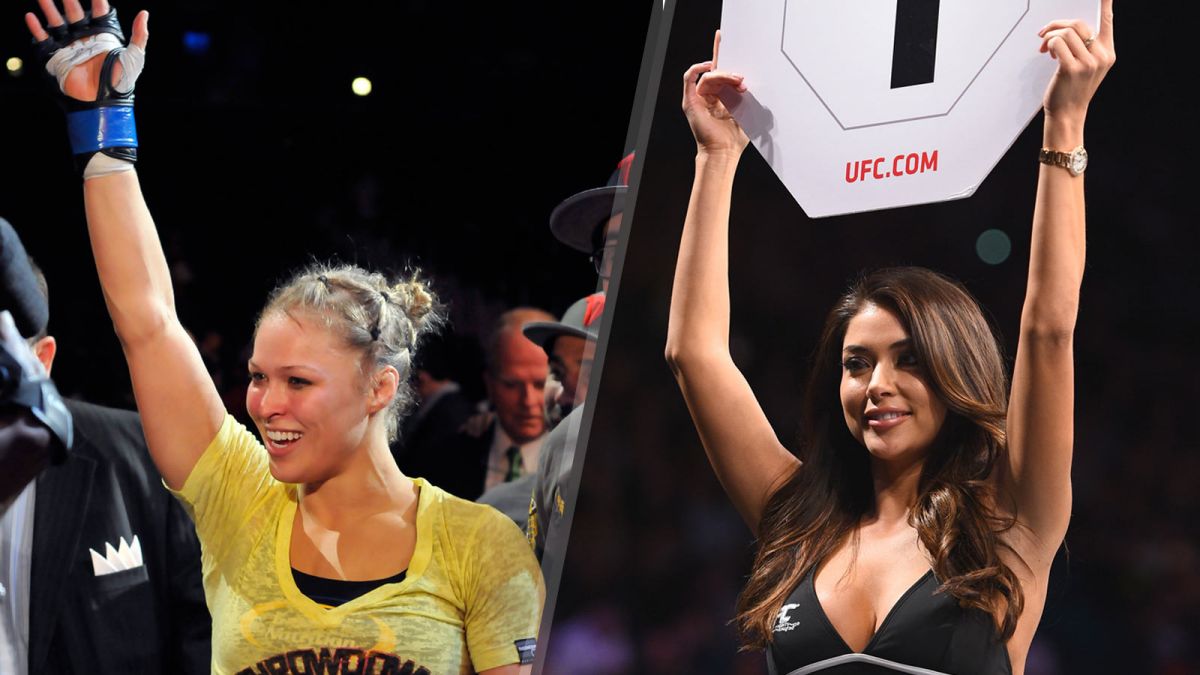It’s never been more likely than this year that a losing team will crash October.
For most of the last 150 years, baseball has never had to worry about a losing team in October. For so many years the “playoffs” were just the World Series between the best team from the AL and NL. Then they slowly expanded to include a Championship Series, then a Division Series, then a Wild Card Game.
Now, at least in this pandemic-shortened season, we have a Wild Card Round. The postseason has multiplied by eight from its original form, into an inclusive tournament involving more than half of MLB teams.
The lower the sport sets its postseason bar, the more likely it is a losing team crashes the party. Entering Wednesday, the AL’s No. 8 seed, the Yankees, sit at 21-21 while the No. 7 and 8 seeds in the NL, the Marlins and Giants, are each a game above .500.
So it may only be a matter of weeks before we see MLB’s first losing team in October. The question is, are you O.K. with it? Should the sport be O.K. with it this year–and going forward? SI’s MLB experts weigh in.
Tom Verducci
I don’t love the idea of a losing team qualifying for the postseason, but I can accept it as a rare possibility while more teams try to win. The “purity” of the 162-game season ended in 1969 with divisional playoffs. The 2006 Cardinals won a world championship after winning 83 games. Is 80 wins out of 162 so much worse? The upside is that your local GM/president can no longer explain away not trying to win as a way of buying three to five years of non-competitiveness and raving about “future wins.” If you can’t build an 81-win team you shouldn’t be in the business. Here’s to crowded playoff races in September.

Stephanie Apstein
I am actually rooting for as many losing teams as possible to make the playoffs this year. Expanded playoffs are fine for 2020 because the goal for this year is simply to get through the season safely and allow all parties to recoup as much money as possible. But it’s going to be hard to kick the new postseason format if MLB likes what it sees here. And the new postseason format is a disgrace.
Consider the Yankees, who are firmly ensconced in third place and flirting with a .500 record, just months after committing $324 million to ace Gerrit Cole. Half the team is on the injured list. In a normal season, panic would be reigning in the Bronx. Instead, the team trudges through listless game after listless game, secure in the knowledge that it will make the playoffs no matter what. The Dodgers, the best team in baseball, did not make any major moves at the trade deadline, because what’s the point of spending prospect capital to bolster a team that has to win the barely-better-than-a-coin-flip three-game first-round series?
This setup dissuades teams from trying to be good. The clearer that is this year, the more likely it is that we can go back to normal next year.
Emma Baccellieri
For this year? Yes. The price of admission for playing this season at all was accepting that it would be a little bit weird, and a sub-.500 team in October is perfectly within the realm of tolerable weirdness for MLB in 2020. (Especially given the varying team-by-team impacts of the coronavirus—that’s made it much harder than usual to gauge a club’s actual talent level from its record.) But I’m not a fan of the fact that expanding the playoffs permanently could easily make this a reality going forward, too, and so I’m hoping that we don’t see this system installed beyond this season. In a non-pandemic-restricted year, “tolerable weirdness” shouldn’t be the bar.
Connor Grossman
There’s something that feels inherently wrong with a losing team in the postseason. It’s not like rooting for a mid-major Cinderella in March Madness. The 29-win Yankees, for example, would not endear to fans in that way.
But I’m rooting for a losing team to make the playoffs this season. I want to see, as a baseball fan, how it feels to see a losing team (presumably the No. 8 seed) go up against the pennant favorite in a best-of-three first-round series. It shouldn’t be close. But it might be. It’s baseball! Good teams lose to bad teams all the time. Is it right for that to happen in October, for a pennant favorite to even have the opportunity to lose to a sub-.500 team? No, I don’t think it is. But maybe I’ll feel differently when it happens.
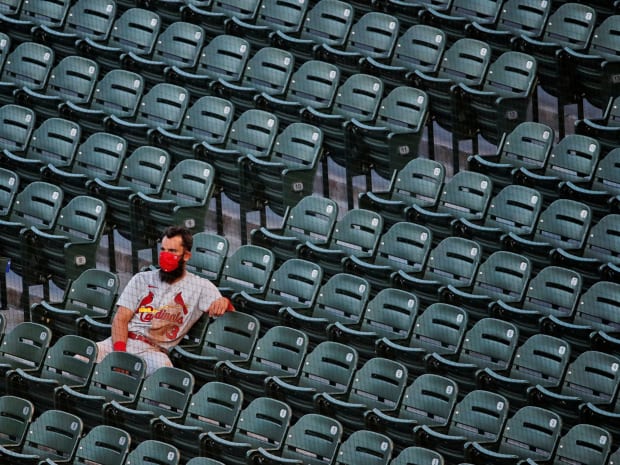
Matt Martell
I don’t exactly like the idea of seeing a losing team make the playoffs, though I expected it to happen this year. The 16-team postseason format is exciting. It gives teams more incentive to compete during the season, not just because of the expanded field, but also because the first-round is a best-of-three series. It’s not the one-and-done wild-card round, which might not be worth it for fringe contenders to go for.
The one thing to keep in mind: If this 16-team format continues in future seasons, we likely will see a losing club make the playoffs most years. Each season since 2013—the first year the Astros were in the AL West—at least one team with a losing record would have made the postseason had the 16-team format been in effect. In 2017, a whopping four losing teams would have made the playoffs. I don’t like that, but I am O.K. with it. What I am not O.K. with is if a winning team does not make the playoffs and a losing team does, which would have been the case with this format in ’13, ’14, ’16 and ’18. Unless we blew up the AL/NL format, which I don’t necessarily want to advocate for, there isn’t a solution for this problem.
Overall, the added benefit of the 16-team format’s excitement exceeds the frustration of a losing team making the playoffs. But I still don’t have to like seeing a losing team playing for something come October.
Michael Shapiro
I’m O.K. with a losing team making the playoffs in an expanded field, and it wouldn’t necessarily irk me if a sub-.500 club makes it in any year with such an extended playoff bracket. But such a scenario is exactly why MLB should trim the postseason back to its normal five-team setup in each league.
Allowing eight playoff teams in each league devalues the regular season, and an extra burden is placed on the top teams. I’m not exactly a traditionalist, and some changes in 2020 (especially the extra innings adjustment) have been delightful. But not all change is worthwhile. Shrinking the playoffs—and keeping out losing teams—should be an easy move for Rob Manfred before 2021.
——————-







